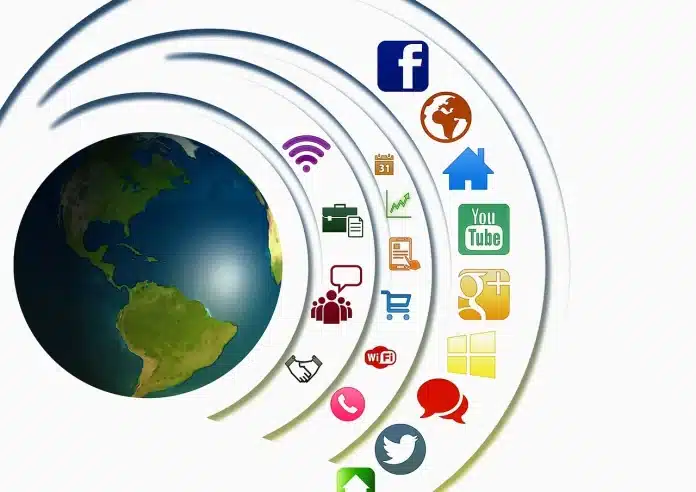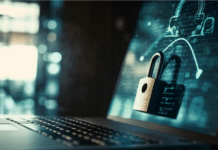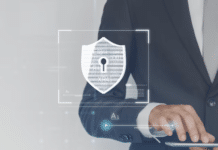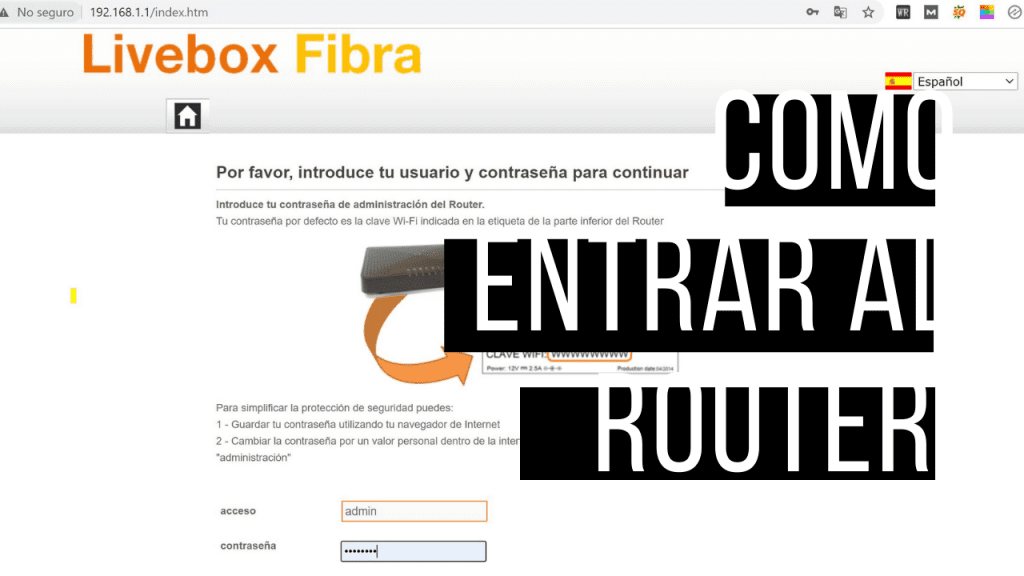At tecnologia.net, we care about the health of your operating system, it is the heart of our laptop or computer, and it deserves the greatest care. That's why we are going to give you these 6 tricks to keep your operating system healthy:
Article Content
1. Use a good antivirus: A quality antivirus is the first step to keeping your system safe.
It is important to have a good antivirus to protect your computer from viruses, malware, spyware and other computer threats. Some of the best free antivirus include Avast Free Antivirus, AVG Free Antivirus, Bitdefender Free Antivirus, Kaspersky Security Cloud Free, Microsoft Windows Defender Security Center, and Panda Free Antivirus.

2. Keep your programs up to date: Keeping your programs and operating system up to date is key to keeping your computer secure.
Keeping programs updated is an essential part of computer security to avoid hacking by some bad guys that we can find on the Internet. Software updates include security patches that protect your computer from potential computer threats, such as viruses and malware. These updates also provide performance improvements, new features, and bug fixes. To make sure your programs are up to date, set your computer to automatically check for and download updates, or be sure to periodically check to see if any updates are available.
3. Use a firewall: A firewall can help you block external attacks.
A firewall is a security device that controls network traffic between two or more networks, allowing or denying access to resources on a network based on a set of previously defined rules. These rules establish what types of packets can pass through the firewall and what types of connection requests should be blocked. Firewalls can also be used to block access to certain websites or to limit access to certain network ports.
4. Use strong passwords: Use strong, unique passwords for each account.
To keep your devices and systems secure, it's important to use strong passwords. Strong passwords contain a combination of upper and lower case letters, numbers, and symbols. If possible, it is recommended to use passwords that are at least 8 characters long. It is recommended to avoid using common words, names, addresses or dates of birth, as they are easy to guess. If possible, it is recommended to change passwords frequently to prevent them from being cracked. It is also recommended to have different passwords for each account and device.
5. Disable unnecessary services: Disable unnecessary services to avoid possible threats.
Unnecessary services or programs can be disabled in several ways. One way is to use Windows Task Manager to see all the processes and services that are running on your computer. Once an unnecessary service or program has been identified, it can be disabled by disabling it from the Windows Control Panel. Unnecessary services can also be disabled in the BIOS settings or through the Windows command line.
6. Use a VPN: A virtual private network (VPN) will help you protect your Internet connection.
A VPN (Virtual Private Network) is a technology that allows you to create a secure connection between two or more devices over a public network, such as the Internet. This secure connection allows users to protect their personal data, browse anonymously and avoid tracking of their online activity by third parties. The VPN can also help you unblock restricted content online, such as streaming content from streaming services like Netflix and Hulu.

Expert in SEO/SEM and communication on social networks.
CEO at tecnologia.net and passionate about everything related to technological progress






